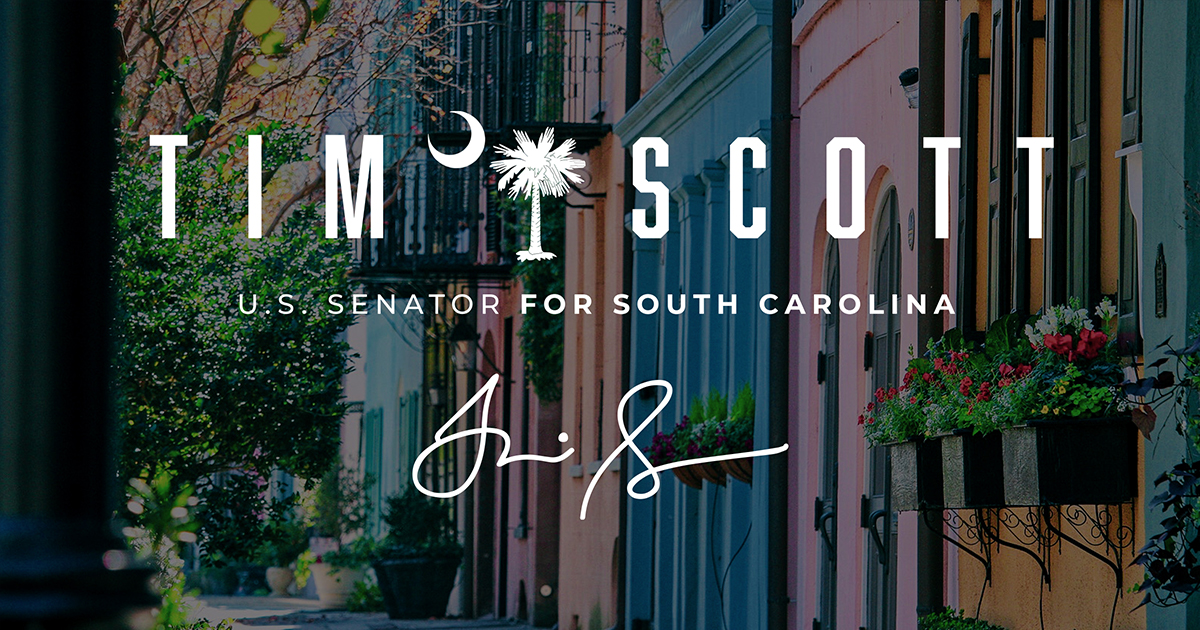Source: United States Senator for South Carolina Tim Scott
Wednesday | November 10, 2021
WASHINGTON – This week, the Government Accountability Office (GAO) released a report on the impact of Opportunity Zones (OZs) on America’s most underserved communities. Providing tax incentives for investments in designated OZs was a part of Senator Tim Scott’s (R-S.C.) signature work in the Tax Cuts and Jobs Act of 2017. Among other findings, the GAO reported:
- The census tracts governors designated as OZs had higher poverty and a greater share of non-White populations than eligible, but not selected, tracts.
- OZs benefitted from at least $29 billion in investment through 2019—much higher than previous estimates and impressive considering the program was not fully implemented until December of that year.
- A majority of the Qualified Opportunity Funds surveyed by the GAO for this report said that their investments would not have happened if not for the incentives in the OZs program.
Read excerpts from Fox News on the report below:
Tim Scott’s ‘opportunity zones’ drew $29B to low-income areas: ‘Changing the game’
Fox News
By Ronn Blitzer
November 10, 2021
Designated low-income areas known as “opportunity zones” that attract investments by offering tax-related benefits have resulted in positive impacts in many states across the U.S., generating tens of billions of dollars for the affected neighborhoods, according to a new report from the Government Accountability Office.
According to the GAO report, preliminary IRS data from 2019 showed that in that year, 17,891 investors contributed $28,910,000,000 in investments in more than 6,000 “Qualified Opportunity Funds,” which are investment vehicles dedicated to the more than 8,700 opportunity zones.
“Opportunity Zones are changing the game for thousands of communities across our country. Empowering the private sector to make direct investments in underserved communities is breathing life in neighborhoods that wouldn’t have happened otherwise,” said Sen. Tim Scott, R-S.C., a strong proponent of the initiative. “This new report further proves that the 2017 tax cut delivered relief for the most vulnerable Americans and stands in stark contrast to the devastating impact of Democrats’ reckless spending and taxing plans.”
…
“Based on case studies of Qualified Opportunity Funds,” the report said, “the tax incentive attracted investment in a variety of projects, including multifamily housing, self-storage facilities, and renewable energy businesses.”
…
In practice, the report said, qualified funds found that the tax incentive program appeared to lead companies “to invest in projects and locations that they otherwise would not have.”
“For example,” the report said, “a fund that built an industrial warehouse facility would not have pursued this project if the incentive did not exist. Representatives from four funds said they would have considered, and likely invested in, different locations if not for the incentive.”
…
Click here to read the full story.
###
Related Issues:
